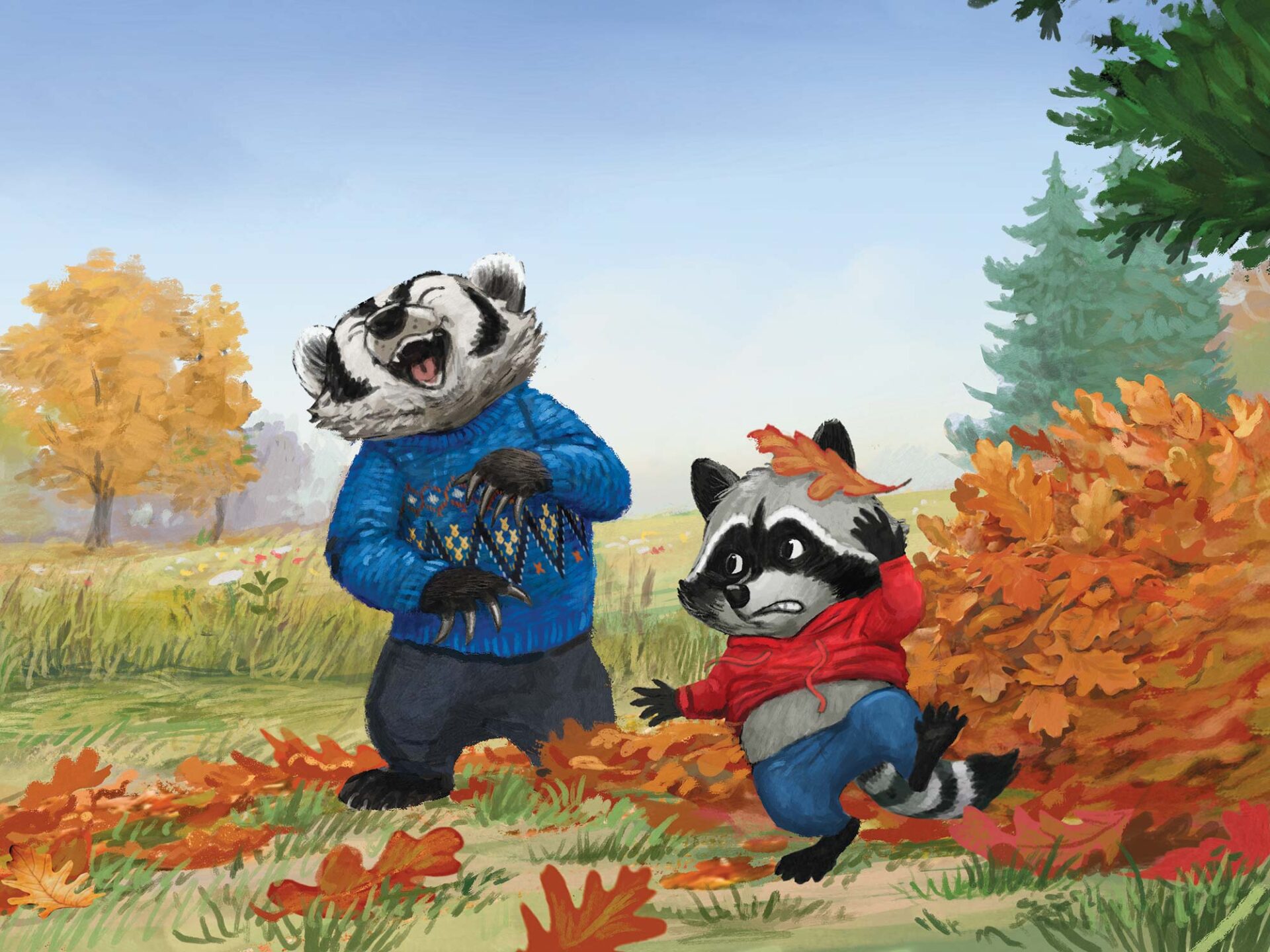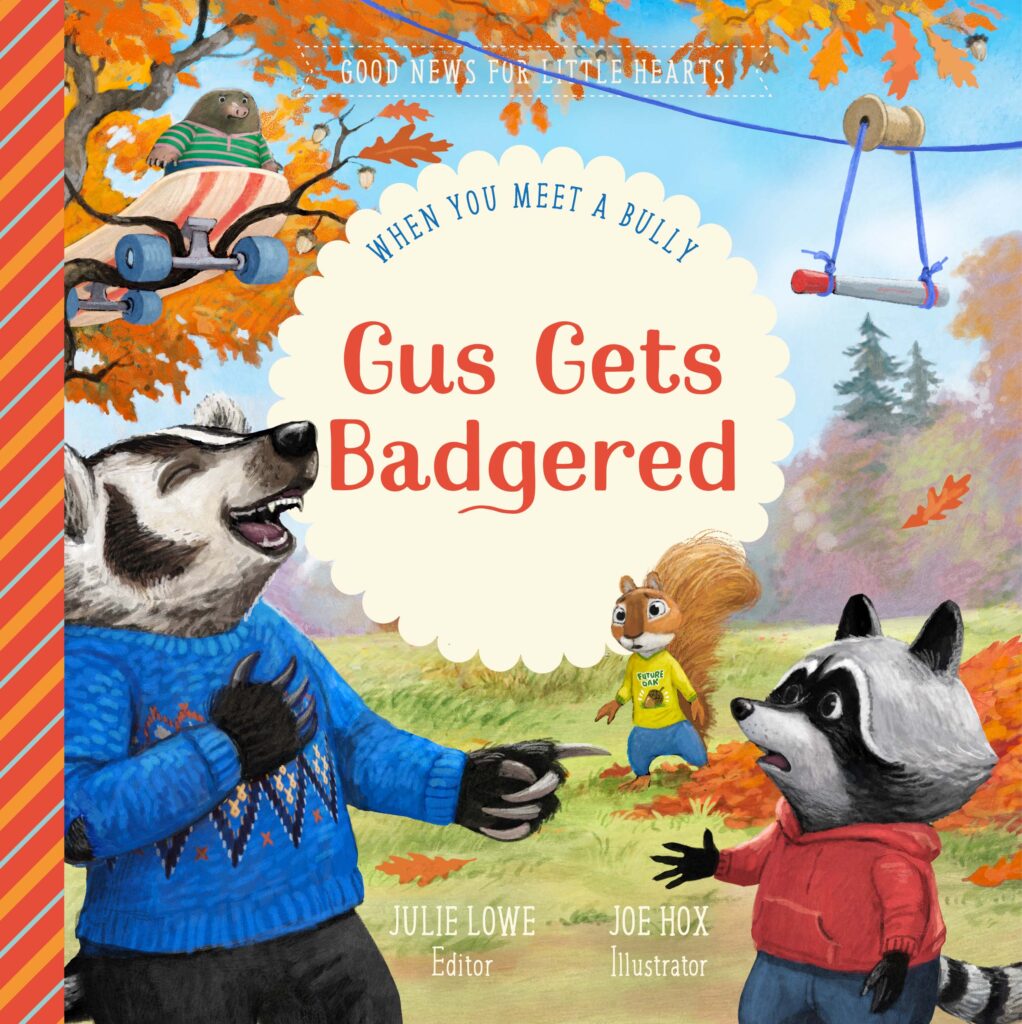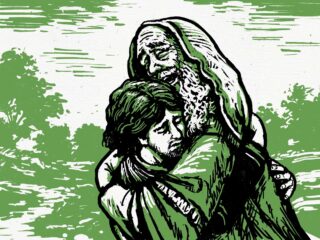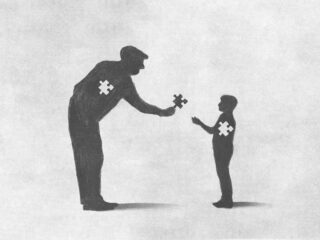Helping children navigate mistreatment by others can be very challenging. At times it is happening to them; at times it is happening in front of them; and at times it may even be happening by them. It is important that we help children understand what bullying is and what it is not.
The language of bullying can be used as a blanket label to describe many forms of unkind behavior—a mean look, a rude comment, a friendship conflict, or a physical confrontation, for example. Be careful not to apply the language of bullying to every instance of mistreatment. Even though someone is exhibiting wrong and unkind behavior, it may be unhelpful and unwise to call it bullying. Doing so implies a certain level of grievousness, impact, and intention that may not accurately reflect what is occurring. Although any mistreatment is painful, it is not helpful to label every negative interaction as bullying. We can inadvertently label kids as bullies and react excessively to situations that might have better been handled as teachable moments. Equipping young people to respond to relational difficulty gives them the confidence that they can navigate hard moments and problematic people.
Here are some important truths to instill in your children:
1. Every individual is made in the image of God and should be regarded with charity.
All human beings have worth and value and should be treated with dignity. From Genesis 1 and throughout the Bible we see how we are each made in God’s image and called to respond to one another with love, patience, kindness, and compassion. Children must be taught the importance of valuing human life even when others are challenging. As adults, it is central they see us model this.
2. How we treat one another, reflects how we treat God.
Our actions reflect our values. Mocking others disrespects their Creator (Proverbs 17:5). Because we are all made in the image of God, how we treat each other reflects whether we are showing respect for our Creator. Ultimately, how we treat others honors or dishonors God. When we treat others with kindness and respect, we are displaying a love for God. Make sure to share with your children how this applies to all people, young or old.
3. We can’t say we love God and mistreat one another.
It’s not just about what we say, but how we behave towards others that truly reflects our relationship with God. First John 4:20–21 says, “Suppose someone claims to love God but hates a brother or sister. Then they are a liar. They don’t love their brother or sister, whom they have seen. So they can’t love God, whom they haven’t seen. Here is the command God has given us. Anyone who loves God must also love their brother and sister.”
4. Speak up when you see mistreatment occurring.
We want our children to know how to respond to those who mistreat others, whether they are observing someone who is mistreated or whether they are the one being mistreated. We also need to be aware that our children may be tempted to mistreat others or get drawn into such activities by their peer group. Help your child develop compassion and kindness towards those around them. Give them tools to discern when to step in and help someone or when to go get help from an adult.
5. Discuss with your child what kindness and respect looks like.
Help them evaluate their actions and wordsand the actions and words of others, making them more aware of how and when someone could be hurt, even through joking and teasing.
6. Encourage children to be assertive in positive ways.
Teach them to share their feelings clearly, express when they feel uncomfortable or pressured, and stand up for what is good and right. Brainstorm when they should step in and stand up for someone. Also brainstorm options for walking away from dangerous situations. While they may not always get things right or read situations accurately, practice and discussion are valuable for helping them learn to think things through and become wise and discerning.
7. Role-playing with your children can help them grow in confidence to handle difficult interactions.
Teach them how to respond to mistreatment, whether they are the one being bullied or whether they witness someone else being bullied. Practice what to say and when to report the behavior. Role-playing these scenarios will equip your child to more confidently take a stand and give appropriate responses.
8. Help them guard their own hearts.
It’s important to help your child evaluate their actions and words and the actions and words of others, making them more aware of how and when someone could be hurt, even when joking or teasing. Fostering and keeping communication open with your children is essential.
For a fuller discussion of this important topic read Julie Lowe’s Helping Your Child with a Bully.
The above content was adapted from Gus Gets Badgered © 2025 by Julie Lowe. May not be reproduced without prior written permission.
Gus Gets Badgered
Gus, Jax, and Manny have become friends with Wesley, the new cub in town, but Wesley doesn’t always treat Gus kindly. Wesley likes to tease and pick on Gus. This makes Gus uncomfortable, and he asks his dad what he should do. With his dad’s advice, and the help of his friends, Gus is able to speak up the next time Wesley is mean to him.






